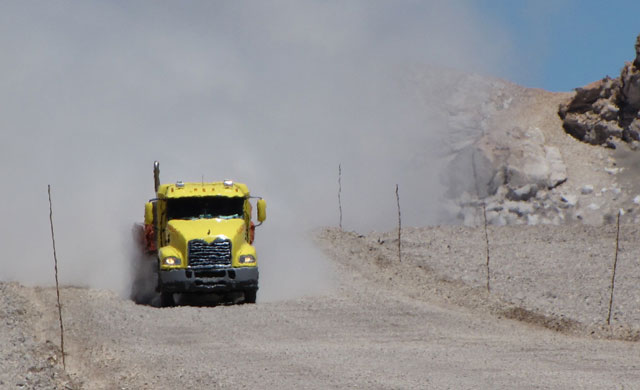The last three mines of the South Africa’s top producer of gold, AngloGold Ashanti Limited (LSE:AGD) have resumed operations as workers returned to the mines, while the company continues its dismissal proceedings for those who still refuse to accept the newly negotiated terms and ramps up operations ahead of its production update two weeks from today.

“Large numbers of employees at the Mponeng, TauTona and Savuka mines returned to work this morning and the focus now is on preparing these operations to ramp up production safely,” the company said in a statement.
The labour action started at AngloGold Ashanti’s Kopanang mine on 20th September and has spread to all of the Vaal River operations and the West Wits operations of the yellow metal miner, resulting in a loss of 32,000 ounces of gold each week since operations stalled.
At the current trade of gold, AngloGold Ashanti roughly lost about US$326 million from 192,000 ounces of gold lost during the six-week industrial action.
AngloGold’s South African operations contributed 37% of all gold produced by the company in 2011, equivalent to 1.62 million ounces and 1.38 million pounds of uranium.
“Further details on the impact of the unprotected strike, the settlement and the ramp-up process will be provided along with AngloGold Ashanti’s operating and financial results on 8 November 2012,” the company said.
Part of the Whole
The strikes at AngloGold Ashanti’s South Africa operations are related to the growing sentiment across the BRIC nation’s mining sector over wage increases that have since rocked the country since the beginning of the year.
Some of the world’s top producers of natural resources, including world’s number two and three suppliers of platinum bowed to workers demand of wage increases following massive strikes across its mines, centered around the Rustenburg district, in compromised agreements to further cut losses brought about by closure of extraction operations.
A revision of salary packages was agreed on 18th October between the workers’ unions, including the National Union of Mineworkers, Solidarity, and the United Association of South Africa, under the auspices of the Chamber of Mines, which resulted in increase of 500 South African Rand (£35.89) for rock drill operators as well as 2% increase for four categories of employees.
South Africa’s gold mining sector has an established central collective bargaining process across all gold mining companies that meet every two years to discuss pay rate, with the most recent increase imposed in July 2012 for a rate increase of between 8% and 10%.
Share price dropped 25 pence to £20.25, though only 104 shares were sold.

 Hot Features
Hot Features













